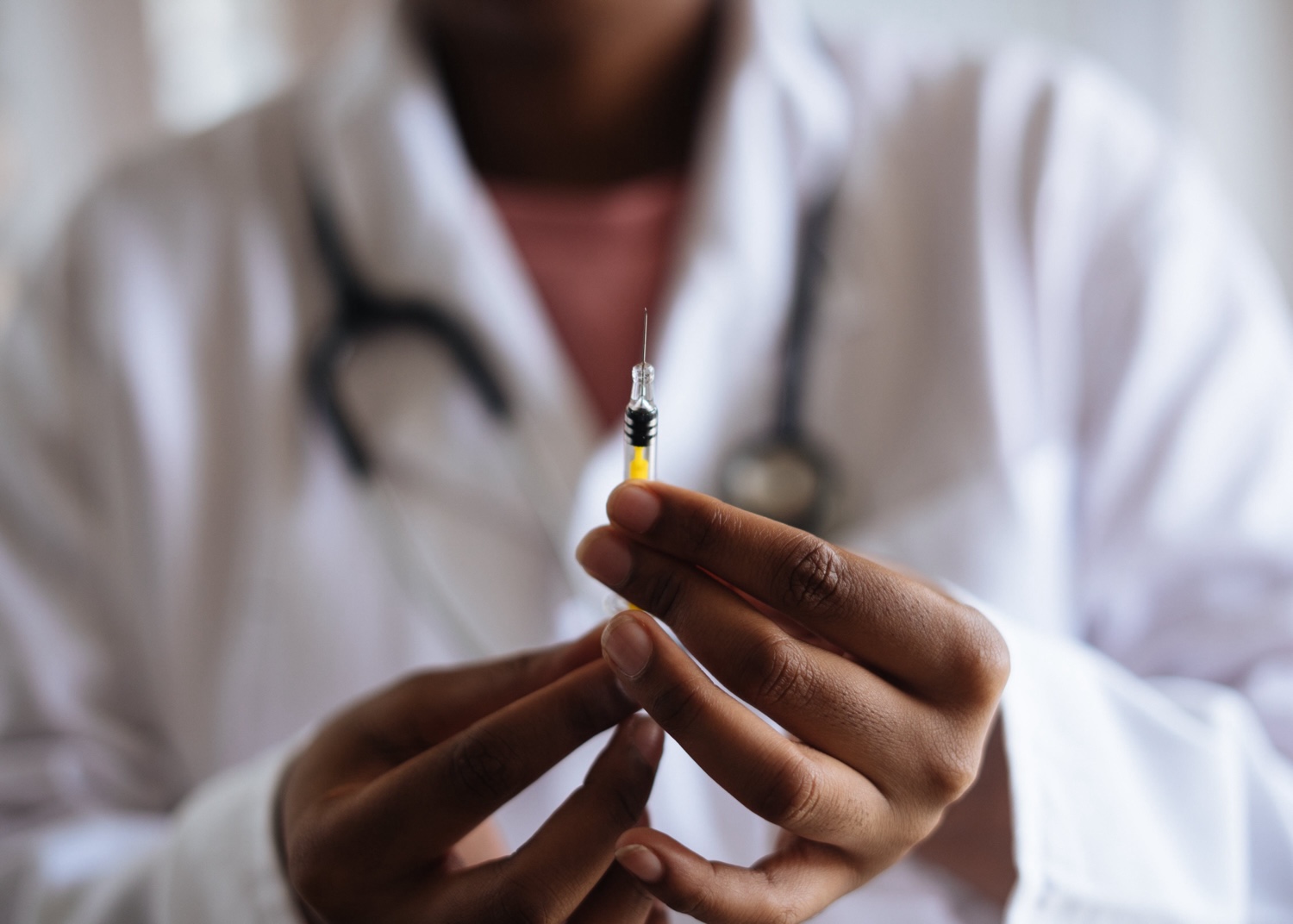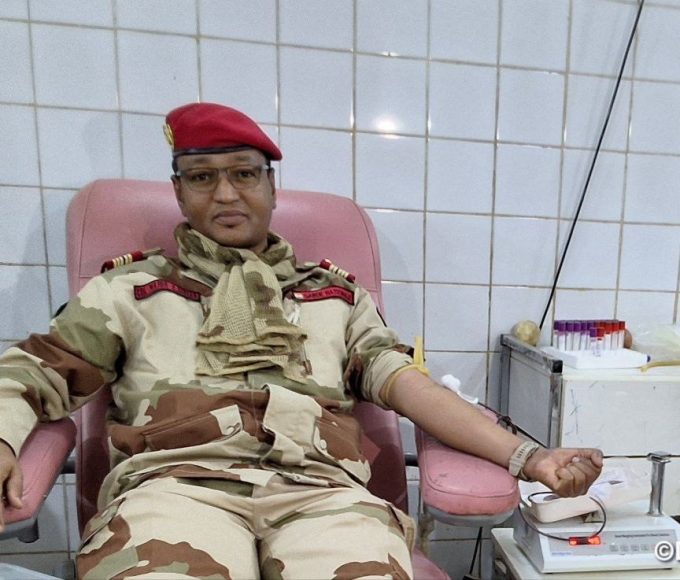
Addressing Policy and Regulatory Challenges in Scaling Up NTD Eradication Efforts

The World Health Organisation (WHO) announced the Neglected Tropical Diseases (NTD) plan 2021-2030 in 2021, kicking off a decade committed to governing, eliminating, and eradicating NTDs. The WHO Regional Office for Africa is increasing its assistance for countries in enacting the roadmap to bolster the battle against NTDs and expedite progress towards achieving the plan’s aims and goals.
The WHO Africa regional office convened the Special Project for the Elimination of Neglected Tropical Diseases (ESPEN) and the Tropical and Vector-borne Diseases (TVD) with the intent to look into the issues while exchanging insights, with the potential to encourage robust national ownership and expediting action towards NTD eradication.
“COVID-19 represented an enormous setback in the continent’s fight against diseases.” As a result, we must restore momentum towards disease management, elimination, and eradication by ensuring that domestic resources are mobilised and deployed for integrated person-centered health care,” says Dr Matshidiso Moeti, WHO Regional Director for Africa.
The 2023 NTD Programme Managers Meeting addressed pressing issues such as gathering resources to meet budget deficits and monitoring NTD Master Plan implementation, with an eye on the relevance of effective partner collaboration at the national level. Recognizing the interdependence of human, animal, and environmental health, managers committed to collaborating with stakeholders to confront conditions through a one-health approach.
Ministers of Health adopted the Regional Framework for the control, elimination, and eradication of tropical and vector-borne diseases (2022-2030) at the 72nd meeting of the WHO Africa Regional Committee, calling for an integrated and collaborative approach to intervention planning and implementation, data use for decision making, and the establishment of resilient health systems for the elimination of these diseases.
The number of people requiring NTD interventions should fall by 80 million come 2030, marking a significant milestone. Togo was also the first nation in the WHO African region and globally to obtain WHO validation for eradicating four NTDs, in addition to certification for putting an end to dracunculiasis transmission.
NTDs exert a continual and significant cost on the world’s poorest, most marginalised, and remote populations, with Africa bearing 39% of the global NTD burden, affecting over 580 million people.
About The Author
Related Articles
Ifunanya’s Death and the Price Nigerians Pay for a Broken Health Sector
The sudden death of fast-rising Nigerian singer Ifunanya following a snakebite in...
ByWest Africa WeeklyFebruary 2, 2026MLMs Like Neolife Face Rising Criticism in Nigeria Over Financial Losses, Psychological Stress, and ‘Brainwashing’ of Young People
Multi-level marketing (MLM) companies operating in Nigeria, including well-known names such as...
ByWest Africa WeeklyDecember 16, 2025Niger: National Guard Organizes Blood Donation Drive to Support Health Services
The National Guard of Niger (GNN) launched a major blood donation campaign...
ByWest Africa WeeklyNovember 13, 2025Mali: President Goïta Launches Landmark Hospital Development Programme
President Assimi Goïta has unveiled an ambitious national initiative to transform Mali’s...
ByWest Africa WeeklyNovember 12, 2025











